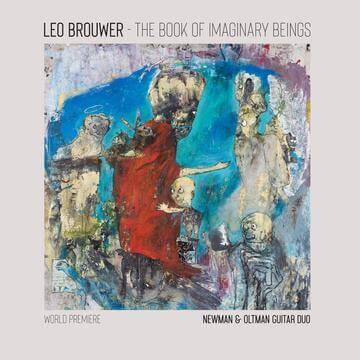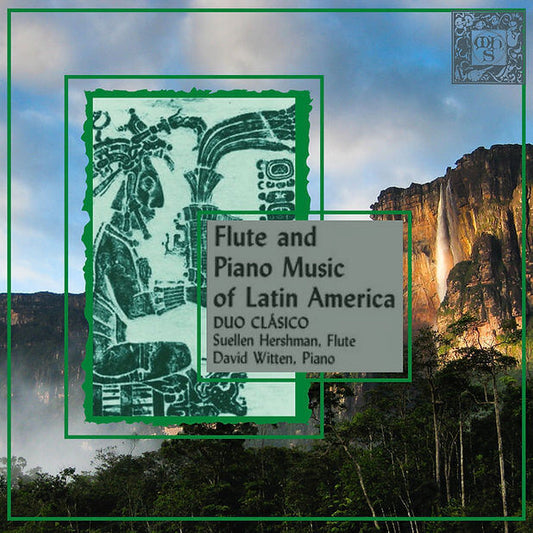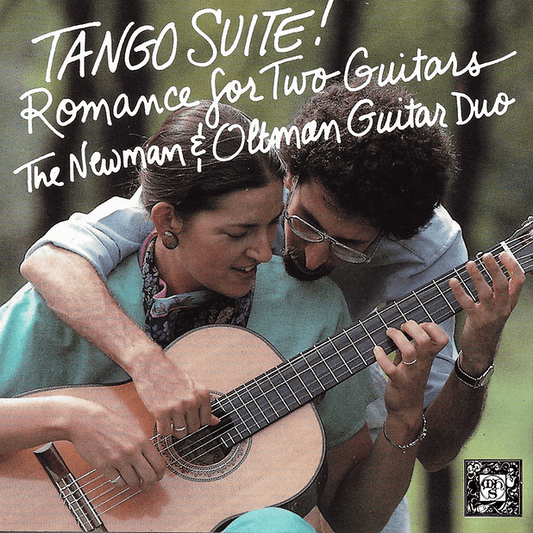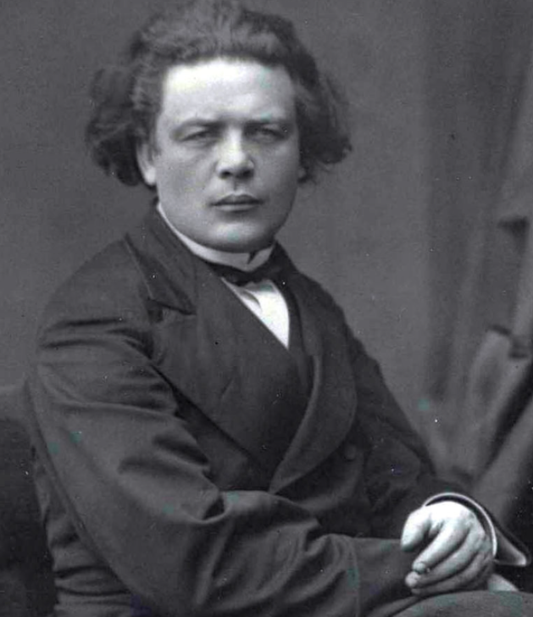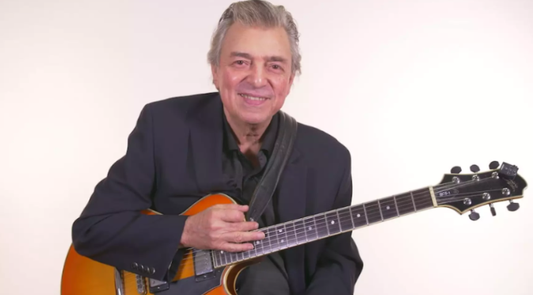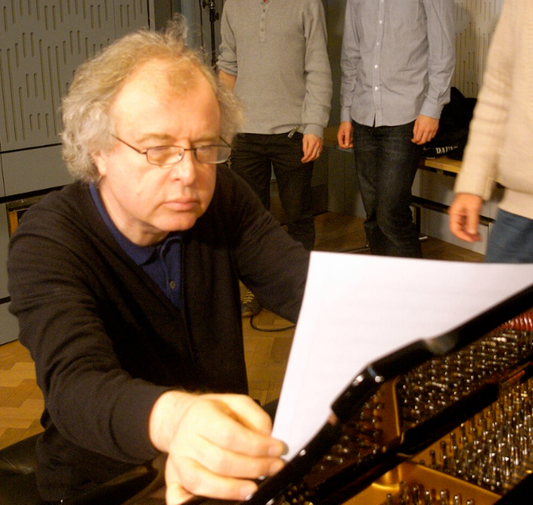Collection: LEO BROUWER (1939-present)
Leo Brouwer, born Juan Leovigildo Brouwer Mezquida in Havana, Cuba, on March 1, 1939, stands as one of the most influential and revolutionary figures in the world of classical guitar. A composer, guitarist, and conductor, Brouwer has profoundly shaped the instrument's repertoire, technique, and expressive capabilities, infusing it with both avant-garde sensibilities and deeply rooted Afro-Cuban traditions.
Brouwer's musical journey began in a rich cultural environment. Though his father was a physician and amateur guitarist who provided early encouragement, Brouwer was largely self-taught on the guitar until he began formal studies with Isaac Nicola, a disciple of Emilio Pujol, who himself was a student of Francisco Tárrega. This lineage connected him to the foundational traditions of the classical guitar, but Brouwer was destined to forge his own path. His early compositional voice was already evident, drawing inspiration from Cuban folk music, Stravinsky, and Bartók.
In the late 1950s and early 1960s, Brouwer's career gained international traction. He studied composition at the Juilliard School in New York and at Hartt College of Music. This period saw him absorb contemporary compositional techniques, which he began to synthesize with his Cuban heritage. His early works, such as Tres Apuntes (1959) and the iconic Elogio de la Danza (1964), showcased a unique blend of lyrical romanticism, vibrant rhythmic drive, and modern harmonic language, immediately expanding the expressive palette of the guitar.
The mid-1960s through the 1970s marked Brouwer's "avant-garde" period. He fearlessly explored aleatoric music, graphic notation, extended techniques, and indeterminate forms. Compositions like Canticum (1968), La Espiral Eterna (1971), and Parábola (1973) challenged performers and audiences alike, pushing the guitar into previously uncharted sonic territories. He demanded new percussive effects, unconventional tunings, and a radical rethinking of how sound could be produced on the instrument, effectively creating a new vocabulary for the guitar.
From the 1980s onwards, Brouwer's compositional style evolved into what some have termed a "new simplicity" or a "national hyper-romanticism." While retaining the intellectual rigor and technical innovation of his earlier work, he re-embraced more traditional forms, tonality, and overt melodicism. Masterpieces from this era include El Decamerón Negro (1981), a programmatic three-movement suite depicting African love legends, and his numerous guitar concertos, such as the Concierto de Toronto and Concierto Elegíaco. His Estudios Sencillos (Simple Studies), composed over several decades, have become indispensable pedagogical material, ingeniously embedding complex musical ideas and technical challenges within accessible frameworks.
Beyond his guitar compositions, Brouwer is a prolific composer of orchestral works, chamber music, and over a hundred film scores, earning him international acclaim in cinema. He has also had a distinguished career as a conductor, leading prestigious orchestras worldwide, including the Berlin Philharmonic and the BBC Concert Orchestra. He served as the general director of the Orquesta Sinfónica Nacional de Cuba for many years and later founded and conducted the Orquesta de Córdoba in Spain.
Despite periods of ill health, including a hand injury that curtailed his performing career as a guitarist, Brouwer's creative output has remained prodigious. He has been a vital cultural figure in Cuba, holding various important posts and championing Cuban music and musicians.
Leo Brouwer's legacy is monumental. He has not only contributed a vast and varied body of work that is central to the modern guitar repertoire but has also fundamentally altered how the instrument is perceived and played. His innovative spirit, coupled with his profound understanding of musical tradition and his Cuban roots, has inspired generations of guitarists and composers, solidifying his status as a living legend and one of the most important musical voices of the 20th and 21st centuries.

